Integrating Sensors in Wearable Mobile Apps: Turning Signals into Meaningful Experiences
Chosen theme: Integrating Sensors in Wearable Mobile Apps. Explore how accelerometers, heart-rate optics, and more become delightful, trustworthy features that users rely on every day.

The Wearable Sensor Landscape
Accelerometers capture linear motion; gyroscopes detect rotation; optical PPG estimates heart rate; barometers feel altitude shifts; GPS maps movement outdoors. Knowing each sensor’s strengths and failure modes helps you design features that feel reliable and humane.
The Wearable Sensor Landscape
Wrist placement changes signals during typing, running, or sleeping. Straps loosen, skin tones vary, and sweating alters optical readings. Build logic that anticipates messy realities, not just pristine lab conditions, and your app will earn long-term trust.
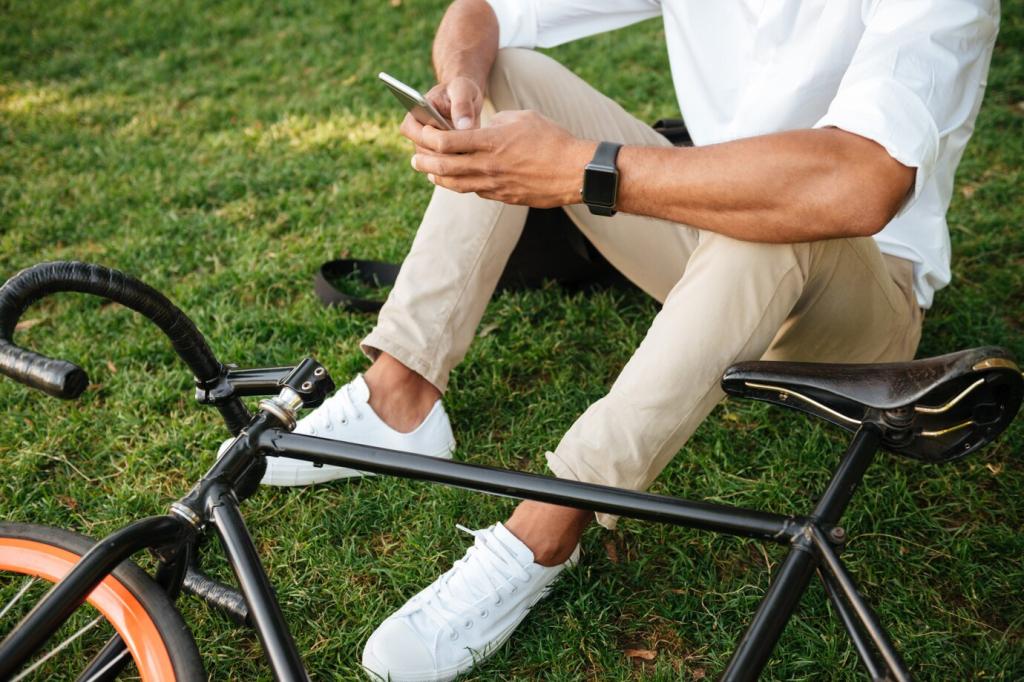
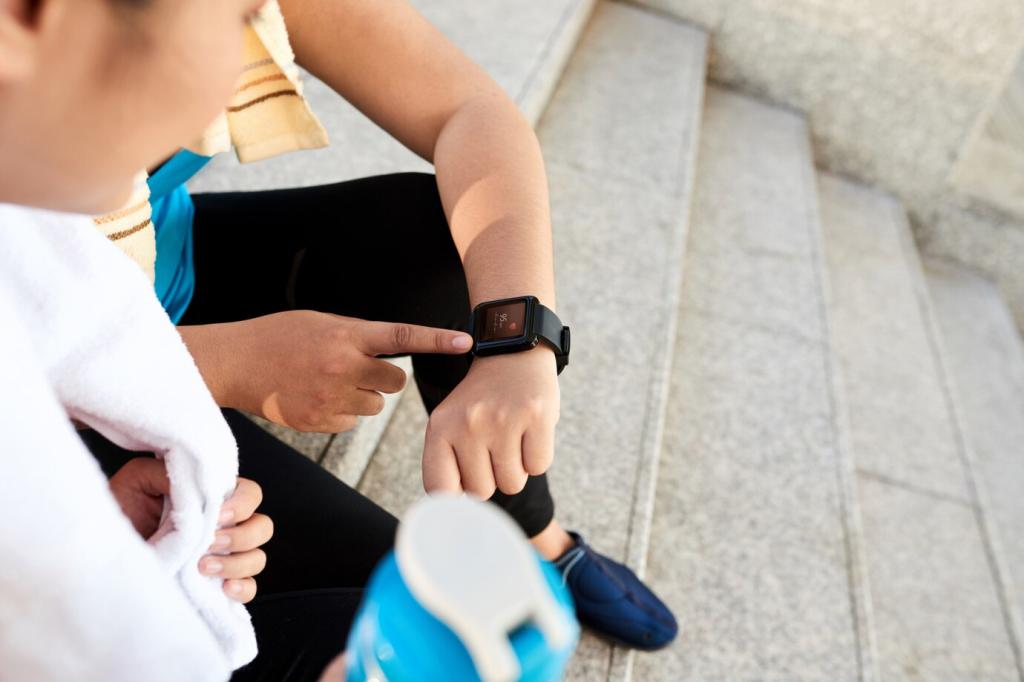
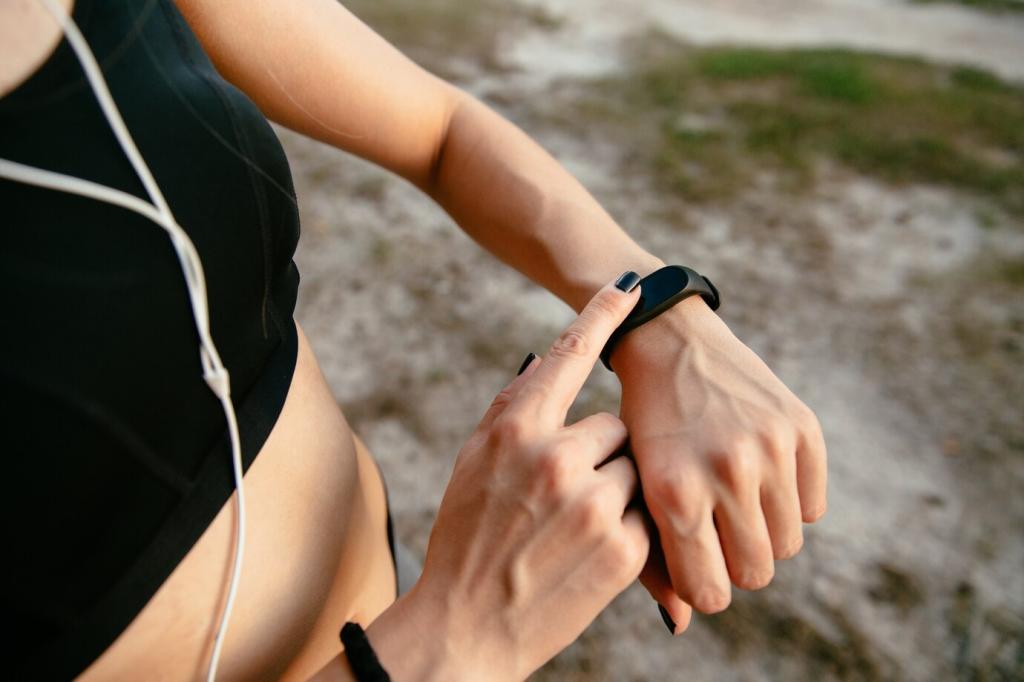
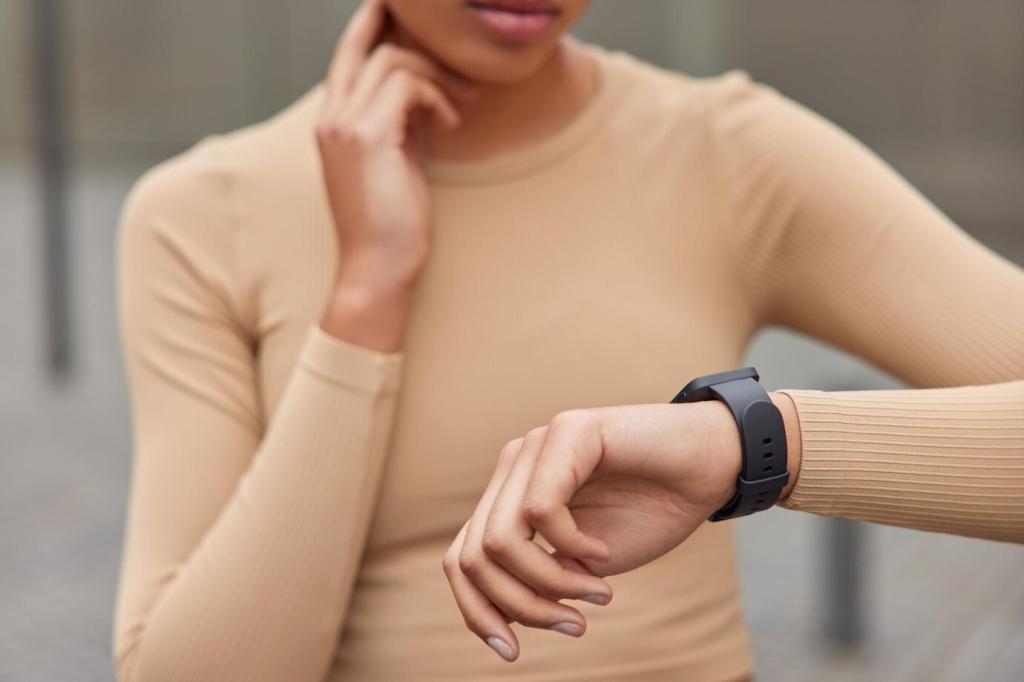
Designing Sensor-Driven UX
Explain why you need motion or heart data in friendly language, show benefits with quick visuals, and offer control toggles. When users understand the value exchange, opt-in rates climb and long-term engagement improves measurably.
Designing Sensor-Driven UX
Use subtle haptics and concise watch cues to confirm detected reps, pace zones, or posture corrections. Avoid dense charts on tiny screens; save depth for the phone companion. Gentle, timely feedback builds delightful habits over weeks.
Data Acquisition and Power Optimization
Use higher rates during workouts, lower rates at rest, and event-based triggers for sporadic tasks. Adaptive sampling preserves fidelity when needed while keeping background drain comfortably low for everyday wear.
Data Acquisition and Power Optimization
Batch sensor reads, coalesce timers, and align processing with radio wake-ups. When possible, offload periodic jobs to the phone. Small scheduling tweaks compound into significant battery wins across a busy week.
Data Acquisition and Power Optimization
Protect loops with timeouts, monitor queue backlogs, and log sampling deltas. If the system thermal throttles, gracefully step down. Users never notice perfect CPU usage—but they always notice a hot wrist and 10% battery at noon.
APIs and Frameworks Across Platforms
Use Core Motion for accelerometer and gyroscope data, and HealthKit for heart rate and workouts. Leverage background delivery carefully, and synchronize summaries to the iPhone for richer visualizations and coaching timelines.
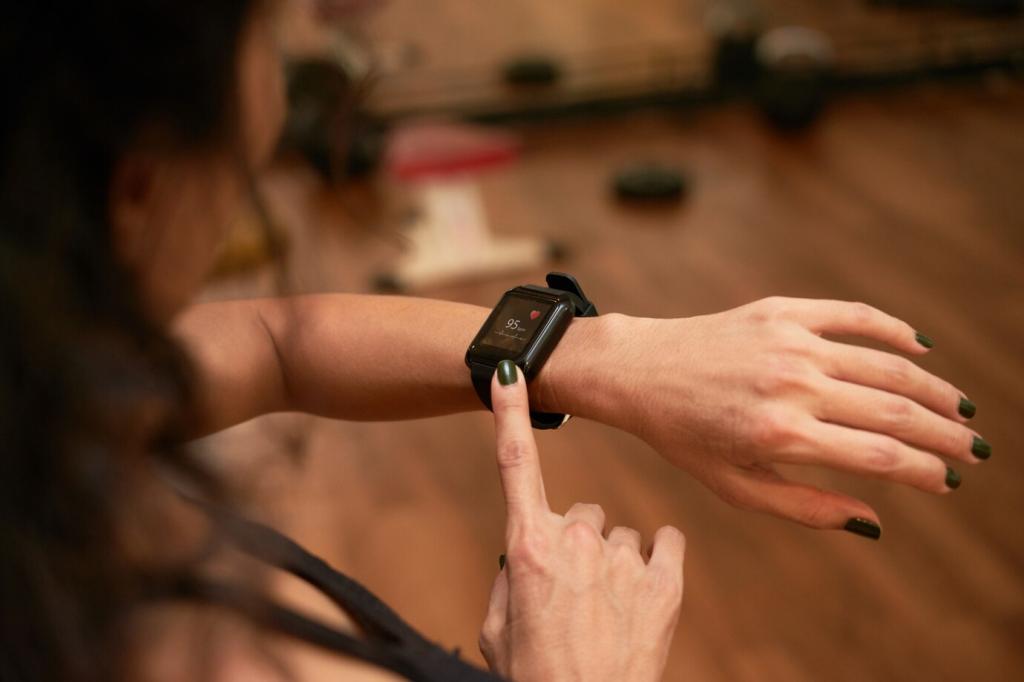
Edge Processing and Sensor Fusion
Apply windowed filters, sanity bounds, and quick wrist-specific calibration prompts. A thirty-second setup run can dramatically improve pace detection and cadence stability, making every subsequent session feel much smarter.
Edge Processing and Sensor Fusion
Combine accelerometer steps with GPS segments and barometric climbs to infer effort and terrain. Simple complementary filters or Kalman-based approaches can unlock more reliable metrics than any single sensor alone.
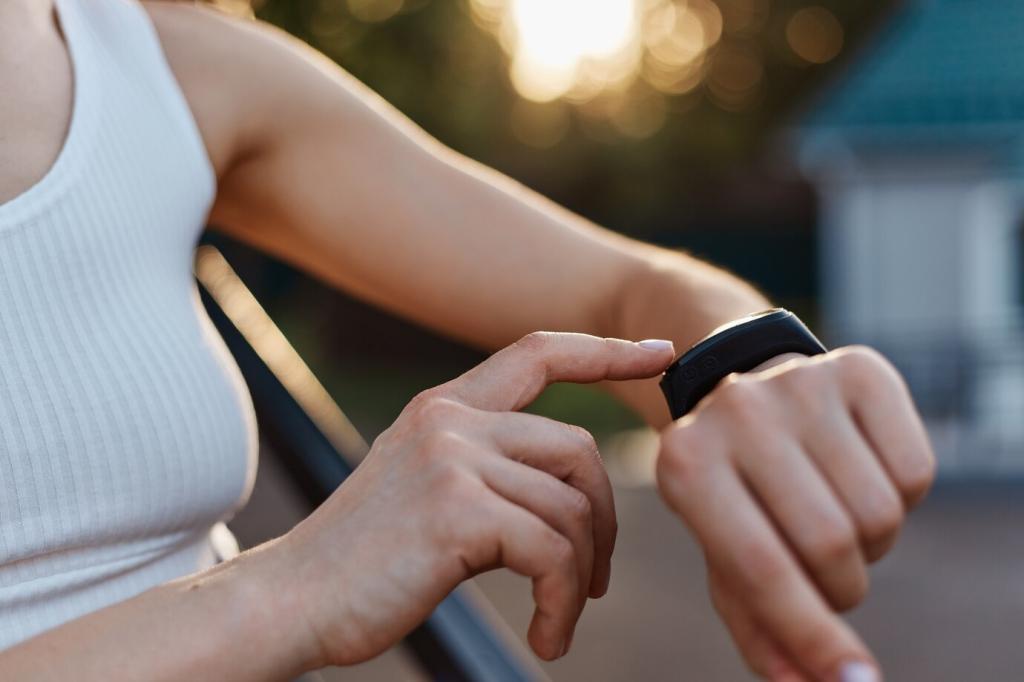
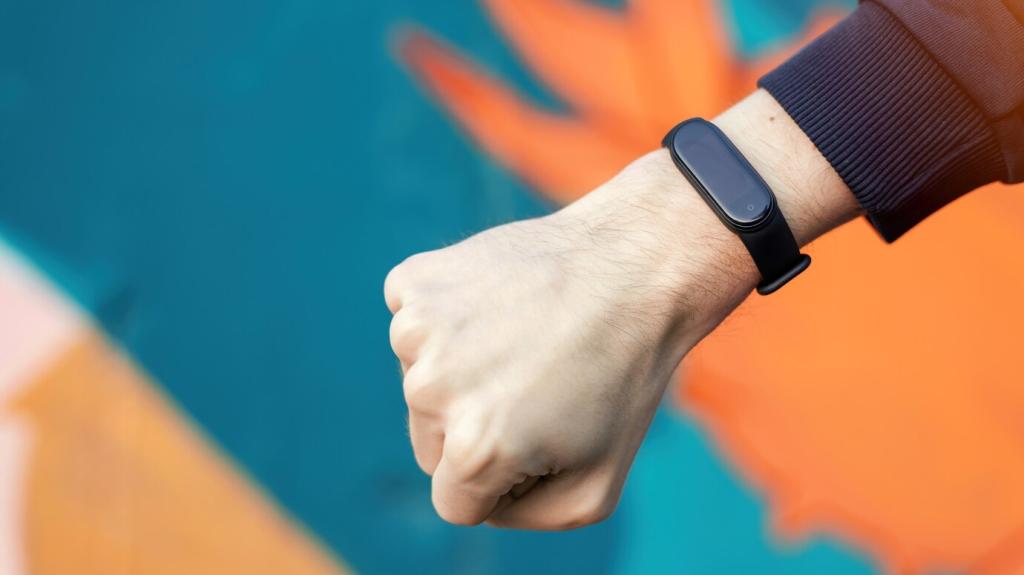
Privacy, Security, and Responsible Use
01
Transparent consent and clear controls
Explain how heart rate, motion, and location help features work, provide per-signal toggles, and let people pause collection anytime. Trust grows when control is simple, immediate, and reversible without penalties.
02
Secure storage and protected transit
Encrypt at rest, use secure enclaves where available, and send data over TLS with certificate pinning. Keep retention minimal. When possible, prefer on-device aggregation instead of uploading raw streams.
03
Ethical defaults and graceful exits
Set conservative defaults, avoid dark patterns, and make data export straightforward. If users leave, let them take their history with dignity. Responsible handling turns privacy into a competitive advantage.

Start with repeatable shaker tests and treadmill runs, then expand to stairs, buses, and rain. Collect labeled sessions to benchmark algorithms and discover the weird edge cases people encounter daily.
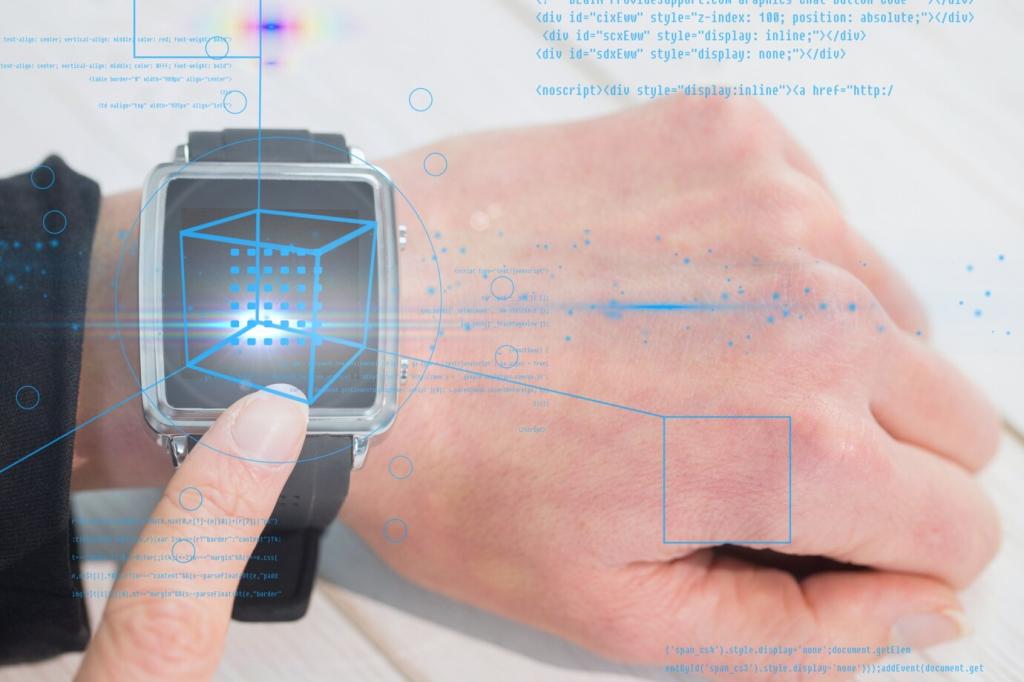
Run small opt-in betas, measure battery impact, and interview participants. One runner’s note about tunnel GPS dropouts can inspire better fusion and caching that improves everyone’s experience overnight.
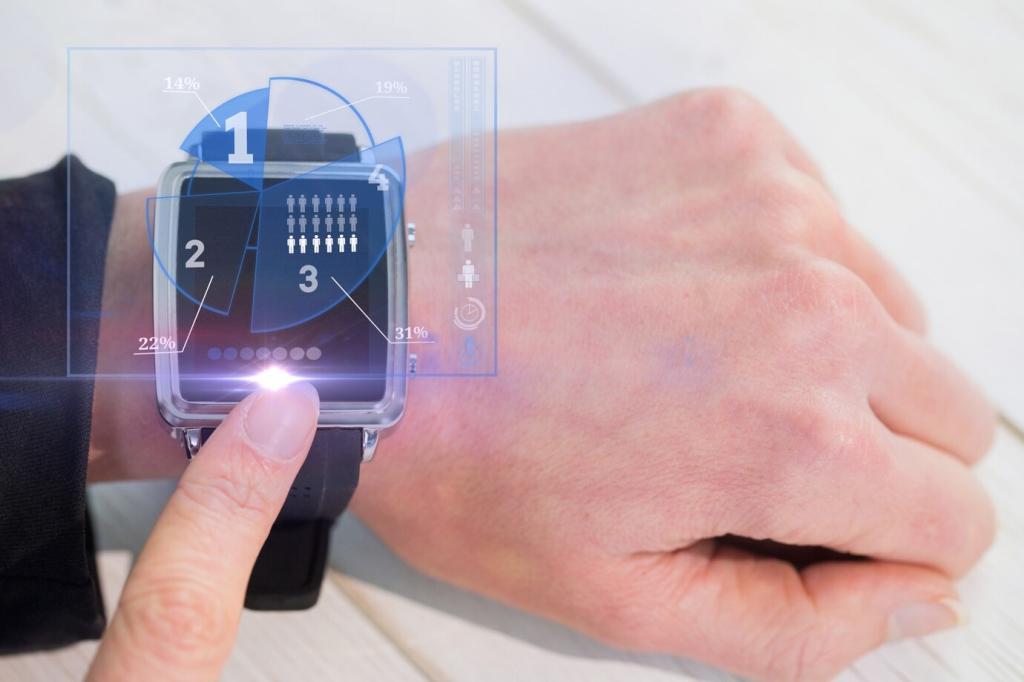
Log sampling rates, processing time, and confidence values anonymously. Build dashboards tracking firmware versions and device models. Share insights with your community and invite feedback to co-create better features.
